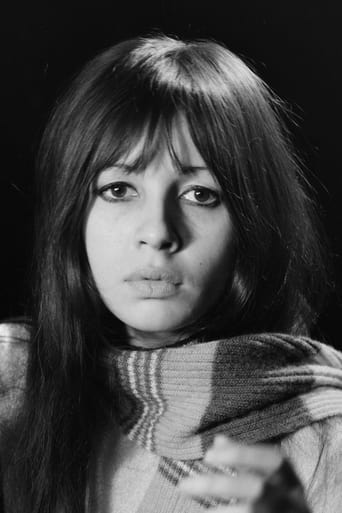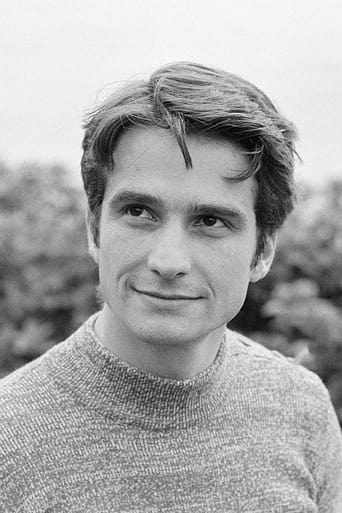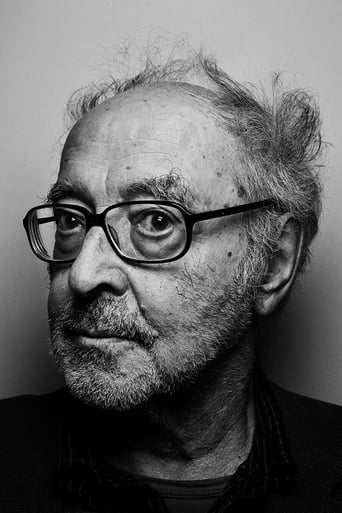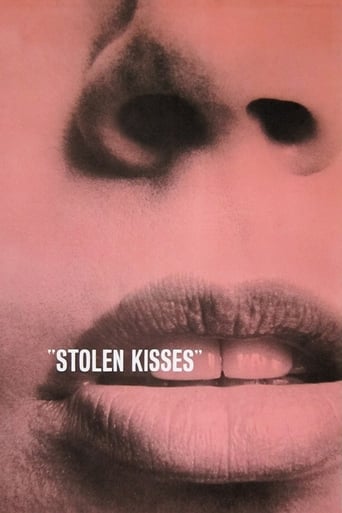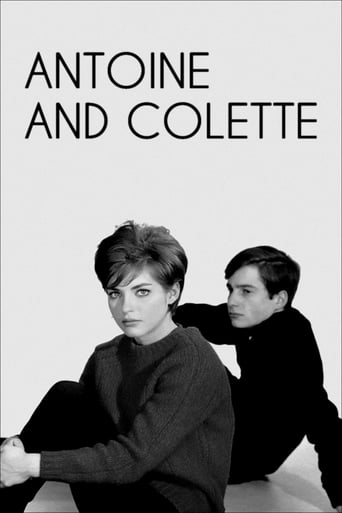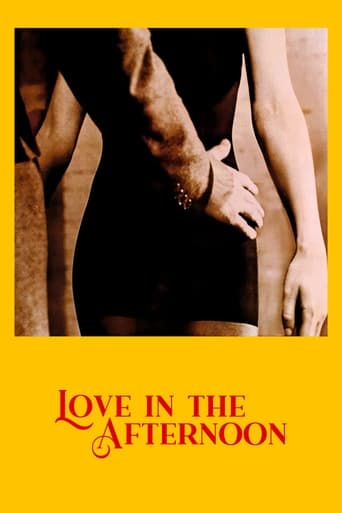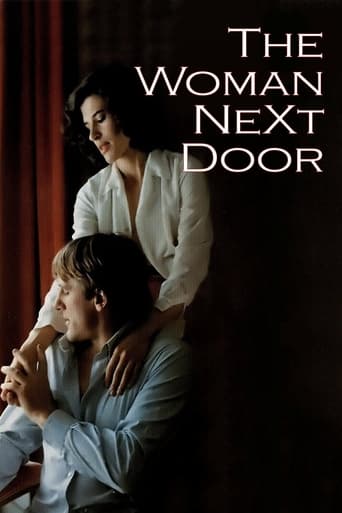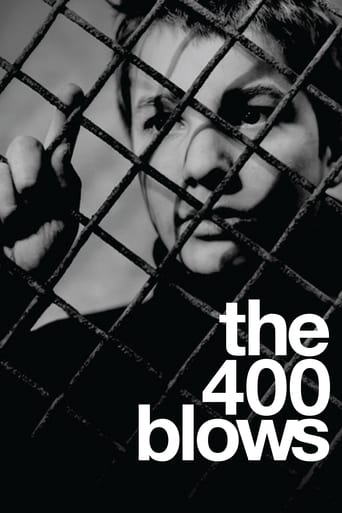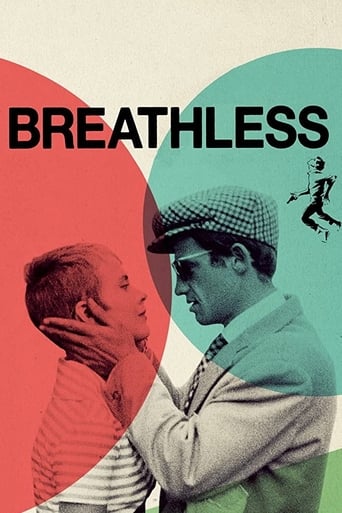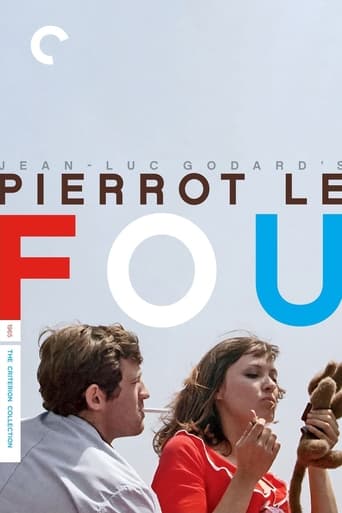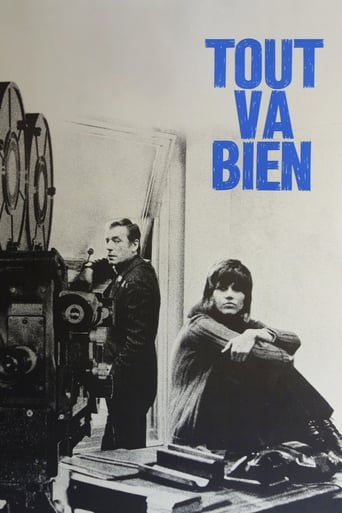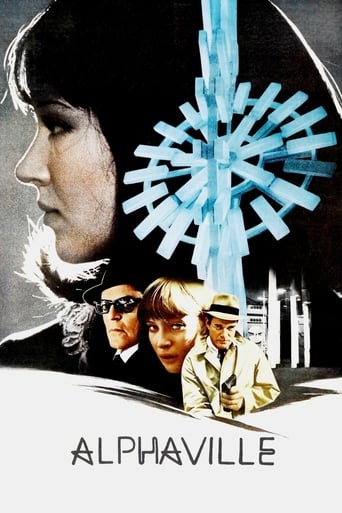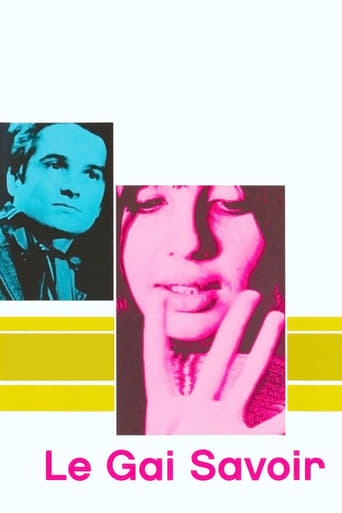
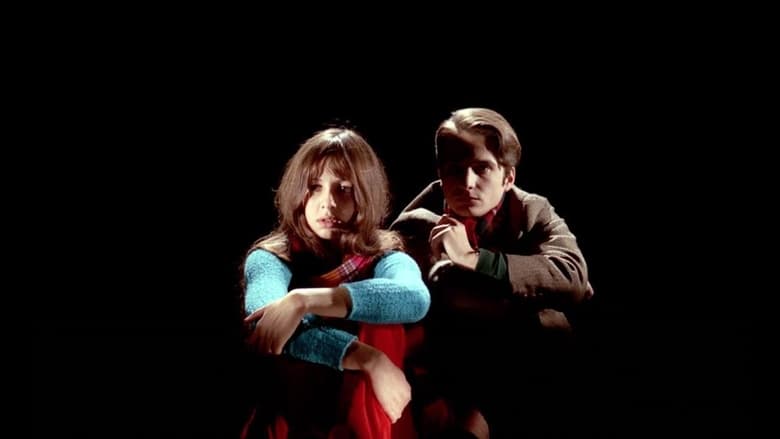
The Joy of Learning (1969)
Night after night, not long before dawn, two young adults, Patricia and Emile, meet on a sound stage to discuss learning, discourse, and the path to revolution. Scenes of Paris's student revolt, the Vietnam War, and other events of the late 1960s, along with posters, photographs, and cartoons, are backdrops to their words. Words themselves are often Patricia and Emile's subject, as are images, sounds, and juxtapositions.
Watch Trailer
Cast
Similar titles
Reviews
Excellent but underrated film
Entertaining from beginning to end, it maintains the spirit of the franchise while establishing it's own seal with a fun cast
While it doesn't offer any answers, it both thrills and makes you think.
This is one of the best movies I’ve seen in a very long time. You have to go and see this on the big screen.
At one point in this cinematic essay (as someone close put it, not really a real storyteller Godard is here but an essayist with camera and sound), some still images pop up with Che Guevara speaking (I think it's Che), and it says that (to paraphrase) in order to be a true revolutionary one must love. I wonder how much love Godard really has to offer, or can really share through his film-making in the case of "The Joy of Learning" or Le Gai savoir. His film here, a capstone of his late 1960s work that started amazingly (La Chinoise and especially Week End with Sympathy for the Devil thrown in the mix) and ended with this, is cold and analytical and sometimes put together in such a way that I would need a professor in an advanced film and politics class to really get everything across in a class discussion. This is no longer a Godard who can communicate philosophical and poetic and political dialog through the means of cinematic entertainment and "CINEMA" (in caps and quotes), but an anarchist out to f*** with time and space and language... and only sometimes succeeding in my estimation.This doesn't mean that for some intellectuals or just those tuned into the socialist/Maoist revolutionary aesthetic may not have some enjoyment or tickling of the intellect here. Indeed there are some moments that even stick out amid the whole jambalaya of discourse and narration and non-sensible/incredulously self-indulgent diatribes by the two characters. But I was strangely more intrigued by the visual pattern more than the actual dialog and political ideas, wherein the two characters are placed amid a black background, minimal but striking and provocative lighting set-ups, and spliced-in still images of newspaper clippings and communist propaganda with a car's view of driving around a French city. It may be the strongest criticism of all that I connected more (and was wondering what his thinking was) to Godard as a director and editor than as a "screenwriter". So much of what's in here is only interesting in small bits and pieces as far as information goes, and has been presented better, more audaciously in other pictures (and with less satirical bite and bile than La Chinoise, possibly his masterpiece of political cinema), and I'm left with wondering how he did this or that or what his thinking was doing it then the actual ideas.But that's just me, your 'love most 60's Godard, usually bored or perplexed by everything after' movie-buff.
This film is one of Godard's most didactic and least cinematic. It could easily have been a play. Taking place on a bare sound stage, the characters are meant to seem detached from the distractions of the world. This is supposed to allow them to dwell completely in the world of ideas and come to terms with the essence of revolution. But oddly this device seems to work against Goddard. Istead of creating an atmosphere of purity and lack of compromise, it seems as if they have detached themselves from reality and are completely wrapped up in themselves. One gets the idea that their thoughts are overblown to the point of becoming egotistical. Goddard is trying to show two people willing to go to the limits of their ideas. It is an interesting concept, but long after the point is made, he continues to make it to the point of tedium. Where Goddard tries to be an iconoclast, he only achieves a very painful boredom. It is an experiment that didn't work. The concept of the film sounds good but in practice it doesn't come across. I think this film is only for the hard core Goddard fan, or someone who so strongly agrees with his social-political view, that any statement of them is reassuring and pleasant. Unless you are one or the other, proceed at your own risk.I saw this when it came out in the 60's at a film fest in NYC at Lincoln Center. I was a big fan of Goddard at the time, but this film changed that. I didn't see another Goddard film for 10 years. I have gotten back to enjoying his films, but I would never revisit this one.
As descendants of Rousseau and Lumumba (Léaud and Berto) deconstruct images and sounds in the absolute darkness of an isolated studio, Godard, as the film repeatedly calls for, 'goes back to zero.' That is, he distills and destroys all the elements composing cinema and hurls 95 minutes worth of molotov cocktails at the establishment. Indeed, Godard is seen in the film only through his voice, as he whispers amidst the sound of a radio, like a guerillero preparing his attack on institutional cinema. More situationist than Marxist-Leninist, Le Gai Savoir has a unique sense of tenderness and wit, more of a continuation of leftist pop art that was La Chinoise than the nihilistic attack on consumer society that was WeekEnd or the cerebral rhetoric of a Lotte In Italia. Perhaps it is also due to the presence of Jean Pierre Léaud, the ultimate symbol of the 1960s as seen through the cinema, that Le Gai Savoir is at once in an announcement of something to come and a kind of unconscious eulogy for the end of 1968 (the film began before the protests and was completed after), today it stands as one of the most moving, remarkable and tender hommages to revolutionary aspiration and youth power ever made. As Jean-Pierre and Juliet discuss their revolutionary aspirations, their hopes and dreams, their rhetoric and their philosophy, powerful symbols of radicalism and pop culture strike the audience like a hammer coming out of the screen: A photo of Fidel Castro cutting cane, the sound of a revolutionary Cuban song, a famous quote by Ché Guevara, a reflection on Mao Zedong, many cartoons, a shot of Juliet standing in front of a background dedicated with comic book characters, the sound of a mechanical whistle which blasts through the screen sometimes and then finally, the logical conclusion of Godard's radical experiment with the chemistry of cinema, the complete dissolution of all the elements, a black screen with only sounds, so that we can return to the origin of everything, and recreate society.
One rather confusing film. Apparently deliberately so. I enjoyed it thoroughly though.Some of the themes seemed to be:May 68The inability to get rid of bourgeois societySexuality - as something that brings together but rips apartLanguage KnowledgeAs usually with Godard it's also an statement about film - and in this case more than usually. It ends with Godards voice-over over a completely black screen saying something like that this is not the film that should be made, but that all films that will be made should have something that is this film.
